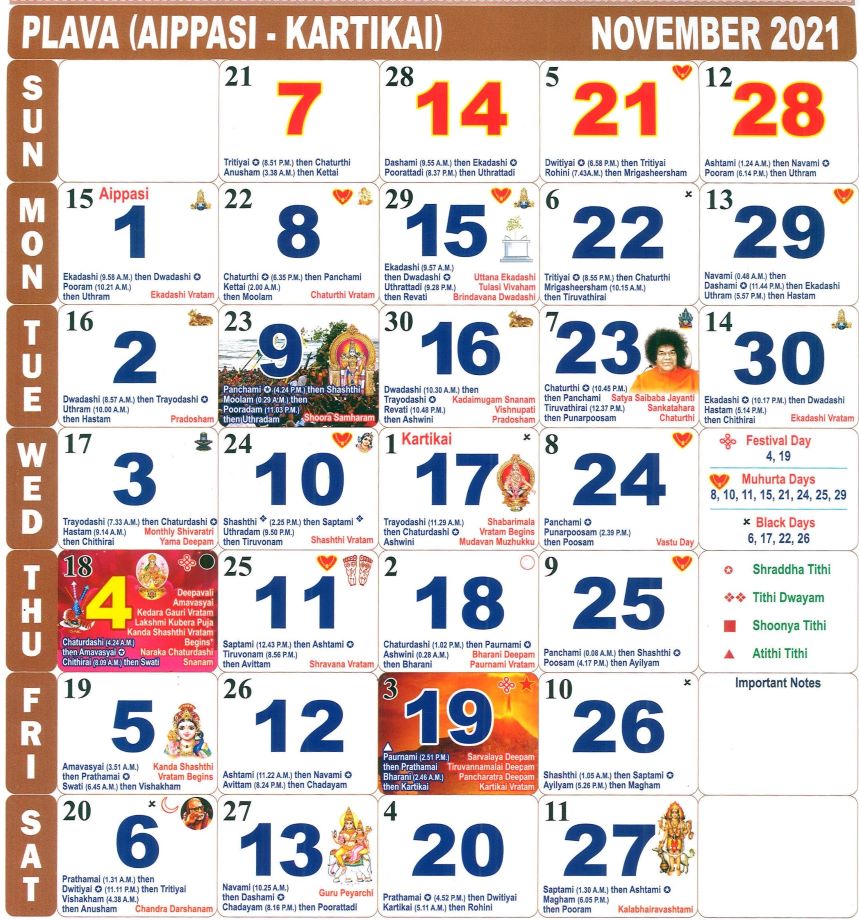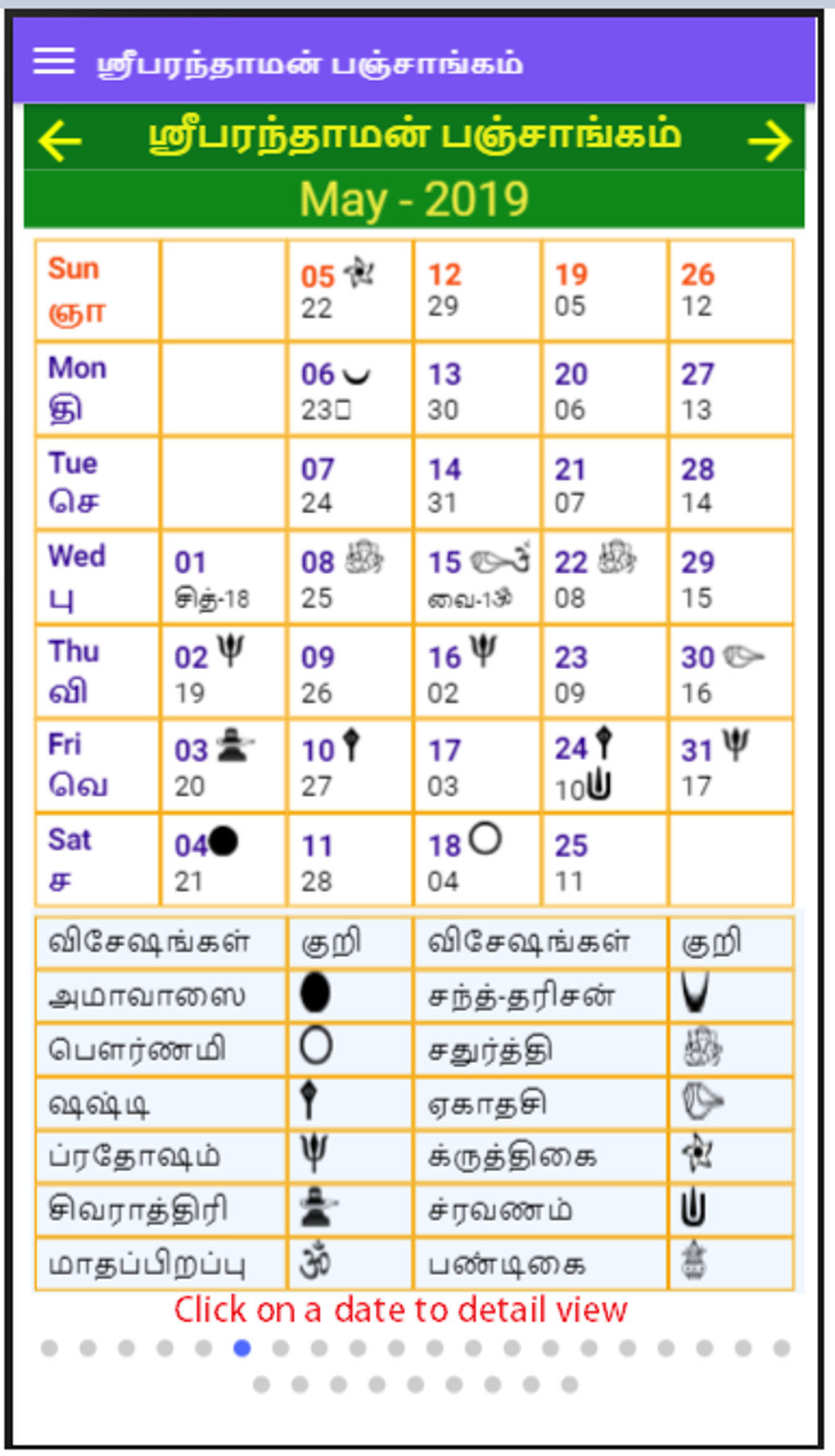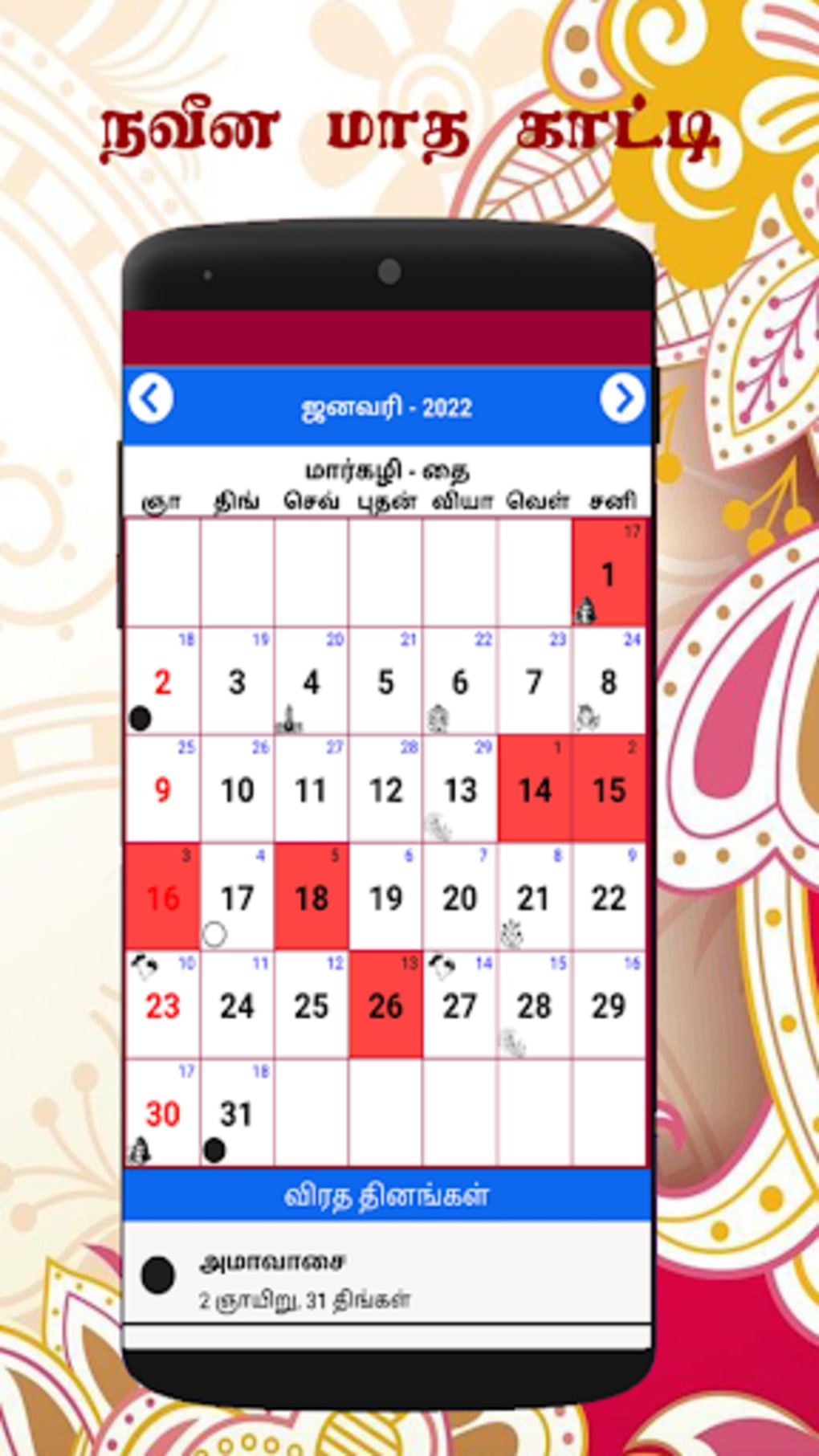The Tamil Calendar 2026 A Guide To Time And Tradition
BlogWith enthusiasm, let’s navigate through the intriguing topic related to The Tamil Calendar 2026: A Guide to Time and Tradition. Let’s weave interesting information and offer fresh perspectives to the readers.



The Tamil calendar, a system of timekeeping deeply rooted in South Indian culture, holds immense significance for Tamil communities worldwide. It is a meticulously crafted calendar that intricately weaves together astronomical observations, religious beliefs, and social practices. The Tamil calendar 2026, like its predecessors, serves as a vital guide for a multitude of activities, from religious observances to agricultural practices, and social events.

The Tamil calendar follows a lunisolar system, meaning it is based on both the cycles of the moon and the sun. The calendar year is divided into 12 months, each corresponding to a specific lunar phase. These months are further divided into 30 days, with an extra day added every three years to align with the solar year.

Months: The Tamil calendar 2026 comprises twelve months, each with its unique name and significance:

Days: Each month in the Tamil calendar 2026 consists of 30 days, with an extra day added every three years to account for the solar year. These days are named after the celestial bodies, with the first day being "Thithi" and the last being "Amavasai."

Festivals: The Tamil calendar 2026 is intricately linked to the celebration of various festivals, each holding unique cultural and religious significance. These festivals provide opportunities for families and communities to come together, celebrate traditions, and strengthen their bonds.

Cultural Preservation: The Tamil calendar serves as a powerful tool for preserving Tamil culture and traditions. By adhering to the calendar’s structure and celebrating the associated festivals, communities can ensure the continuity of their heritage.

Religious Observance: The Tamil calendar provides a detailed framework for religious observances, including fasting periods, temple visits, and special rituals. This allows individuals to align their spiritual practices with the cyclical nature of time.

Agricultural Guidance: The Tamil calendar plays a vital role in agricultural practices, providing farmers with insights into the best time for sowing, harvesting, and other agricultural activities. This knowledge is crucial for ensuring successful harvests and economic prosperity.

Social Harmony: The Tamil calendar fosters social harmony by providing a shared framework for community events and celebrations. It creates opportunities for people to connect, share experiences, and strengthen their bonds.
A: The Tamil calendar follows a lunisolar system, while the Gregorian calendar is purely solar. This difference in the basis of calculation leads to variations in the timing of months and festivals.
A: The Tamil New Year, celebrated on the first day of the month of Chithirai, marks the beginning of a new cycle and signifies hope, renewal, and new beginnings.
A: The Tamil calendar remains relevant in modern times, used for religious observances, cultural celebrations, and agricultural practices. It is also incorporated into various aspects of everyday life, including auspicious dates for weddings and other events.
Consult a reliable source: Ensure you are using an accurate and up-to-date Tamil calendar for 2026. Several websites and printed publications offer reliable calendars.
Understand the significance: Take the time to understand the cultural and religious significance of the various festivals and events marked in the calendar. This will enhance your appreciation for Tamil traditions.
Plan your activities: Utilize the calendar to plan your religious observances, social gatherings, and other activities. This will allow you to participate fully in the cultural celebrations.
Share the knowledge: Share your knowledge of the Tamil calendar with others, particularly younger generations, to ensure the continuation of this rich cultural heritage.
The Tamil calendar 2026, like its predecessors, stands as a testament to the ingenuity and cultural richness of the Tamil people. It is a powerful tool that connects individuals to their heritage, guides religious practices, informs agricultural decisions, and fosters social harmony. By understanding and utilizing this calendar, communities can preserve their cultural identity, strengthen their spiritual connection, and celebrate the vibrant tapestry of Tamil traditions.








Thus, we hope this article has provided valuable insights into The Tamil Calendar 2026: A Guide to Time and Tradition. We hope you find this article informative and beneficial. See you in our next article!
Your email address will not be published.